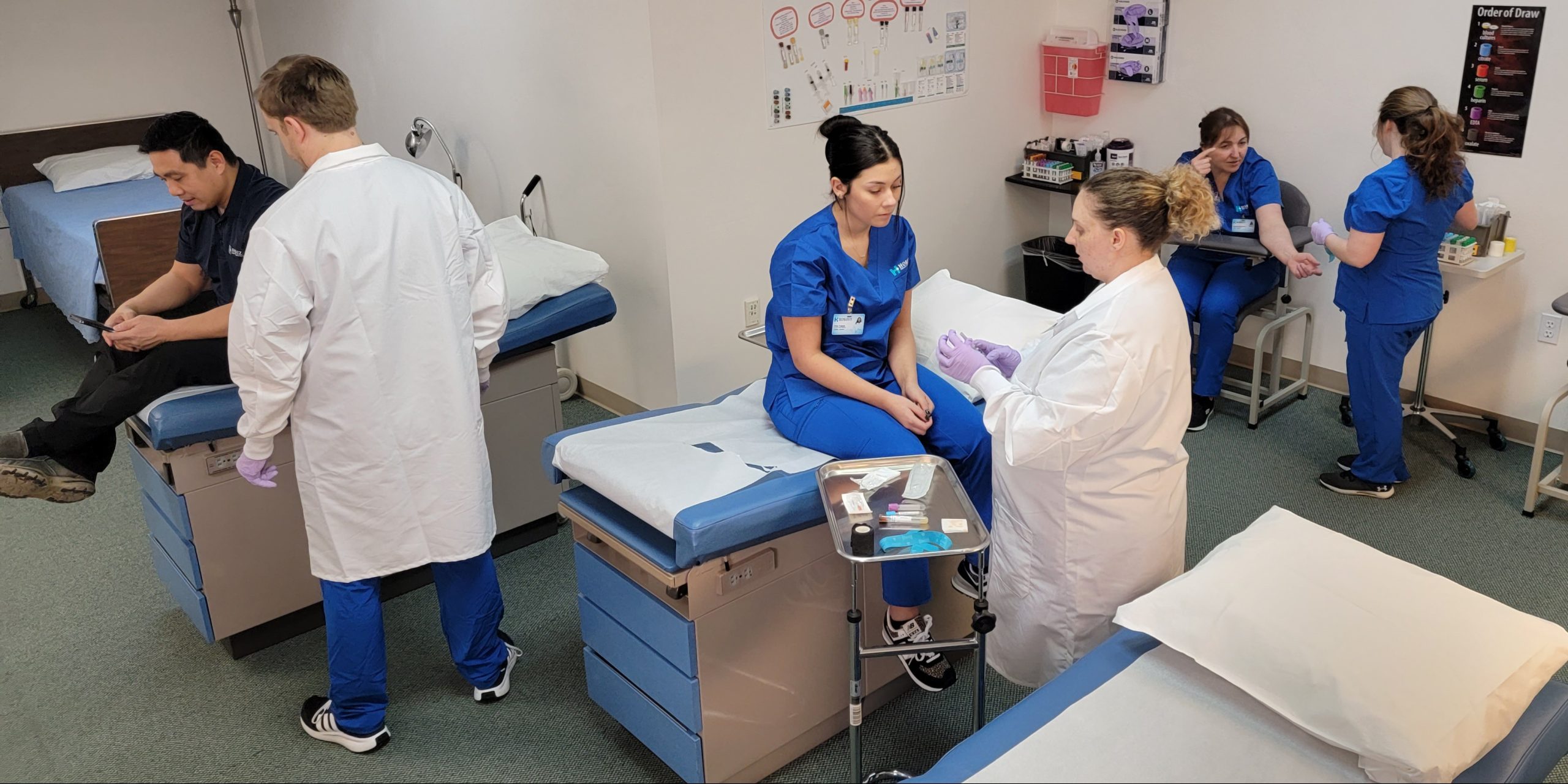Join Northeast Medical Institute CNA Classes Stamford: Increase Your Nursing Career
Critical Aspects to Consider When Choosing the A Lot Of Ideal Medical College Educational Program for You
Selecting the most suitable medical college curriculum is a pivotal choice that can significantly affect your academic trip and future profession course. As aspiring clinical professionals, the option of educational program ought to line up with your individual learning style and job aspirations.
Personal Discovering Design

Medical institutions that offer varied teaching techniques and sources can fit various finding out designs, fostering a comprehensive and vibrant academic setting. Inevitably, comprehending individual discovering preferences equips trainees to make informed decisions regarding their medical education and learning, establishing a strong structure for their future careers in healthcare.
Occupation Purposes Placement

Furthermore, lining up occupation purposes with the medical college educational program can also boost inspiration and engagement throughout the instructional trip. They are extra likely to remain focused and committed to their research studies when students see the straight relevance of their coursework to their future career. Therefore, when picking a medical college curriculum, it is crucial to meticulously think about how well it straightens with one's occupation objectives to ensure a successful and satisfying professional path.
Training Methodologies
Considering the positioning of profession purposes with the selected medical institution curriculum, an examination of the training methodologies utilized comes to be important in shaping the finding out experience. The performance of a medical institution curriculum heavily relies upon the mentor methodologies utilized by the organization. Different training approaches, such as talks, small seminar, problem-based discovering, simulation-based training, and hands-on scientific experience, can dramatically impact how well trainees comprehend and preserve info.
Simulation-based training allows pupils to exercise medical skills in a regulated atmosphere before interacting with actual people. Hands-on scientific experience provides a firsthand understanding of person treatment and medical practices.
When selecting a clinical college educational program, striving pupils must consider the training methods employed to make sure that their knowing choices and staminas align with the academic approach of the establishment.
Curriculum Adaptability
When assessing clinical institution programs, analyzing the degree of curriculum adaptability is vital for prospective pupils looking for a tailored instructional experience. Curriculum adaptability refers to the level to which students can individualize their knowing courses within the clinical school educational program. An educational program that uses flexibility permits trainees to pursue their interests, emphasis on areas where they require extra assistance, and participate in discovering experiences that line up with their profession objectives.

Possible clinical students ought to think about just how a clinical institution's educational program adaptability aligns with their understanding preferences, career desires, and individual objectives. By selecting a program that offers the right balance of structure and versatility, trainees can enhance their academic experience and prepare themselves for effective occupations in medication.
Scientific Exposure Opportunities
Exploring the practical application of clinical understanding, clinical direct exposure possibilities play a vital function fit a thorough clinical education. These opportunities give trainees with important hands-on experience in real medical care settings, permitting them to connect the gap in between theory and practice. When thinking about medical college curricula, the quality and amount of professional exposure must be meticulously examined.
Efficient medical direct exposure needs to supply a diverse variety of experiences across various specializeds, guaranteeing that students are subjected to different clinical situations and patient demographics. Exposure to outpatient centers, inpatient wards, medical theaters, and emergency divisions can help trainees establish a well-rounded understanding of different elements of healthcare shipment. In addition, opportunities for community-based care and interactions with underserved populaces can cultivate a deeper gratitude for the social factors of wellness.
Furthermore, the existence of helpful professors and mentors during these scientific experiences can dramatically boost the learning process. Faculty support and positive responses can help students review their professional experiences, identify areas for enhancement, and boost their professional skills and decision-making abilities (Northeast Medical Institute CNA Classes Near me Stamford). In general, robust medical exposure chances are necessary for preparing future medical professionals to supply top quality individual treatment successfully
Final Thought
Finally, when choosing a medical school curriculum, it is essential to consider your individual understanding style, placement with career purposes, instructing approaches, educational this contact form program versatility, and medical exposure chances. These elements play an essential duty in identifying one of the most suitable program for your educational and expert advancement. Make certain to thoroughly review each element to make an informed choice that will certainly best support your development in the medical area.
Comprehending one's personal understanding style is essential when go to my site picking a medical school educational program. By identifying one's finding out style early on, aiming medical pupils can tactically choose a curriculum that provides to their strengths, inevitably enhancing their learning experience and academic success.
When evaluating medical institution programs, examining the degree of educational program adaptability is important for prospective pupils seeking a customized educational experience. Curriculum versatility refers to the degree to which trainees can individualize their learning courses within the clinical school curriculum.In verdict, when selecting a medical college educational program, it is go to website vital to consider your individual learning style, placement with career goals, showing methodologies, curriculum versatility, and scientific direct exposure opportunities.